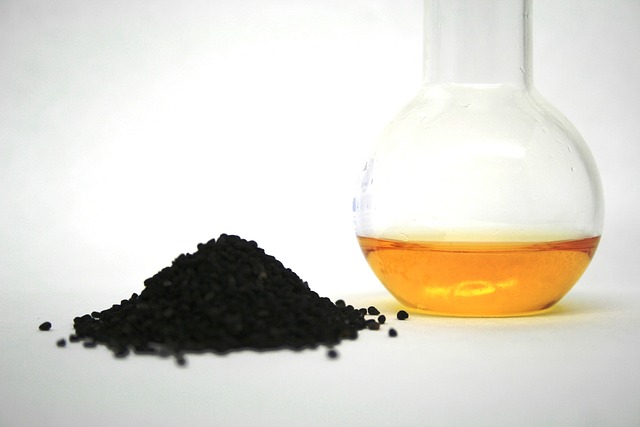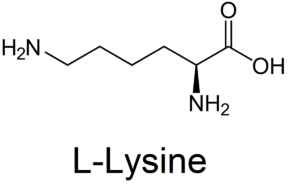Research on Black Seed, Mental Health and Dementia Prevention

Black seed is a Middle Eastern herb that appears to hold promise for helping to treat a number of different health conditions, including mental health conditions. The herb has been noted as having promising anti-inflammatory, antioxidant, antimicrobial and numerous protective effects on different organ systems (Hannan 2021). As an herb, black seed has a long history of use in the treatment of numerous conditions, including for the treatment of the liver, digestive tract, lung, and kidney disease (Dabeer 2022). The seeds were also used to support mental health.
Black Seed, Depression and Anxiety in Human Trials
In healthy teenagers, black seed supplementation was compared to placebo over one month’s duration. Over the course of the trial, mood levels were more stable and anxiety levels were reduced with black seed supplementation. Additionally, short- and long-term memory also was improved (Sayeed 2014).
A study of depressed military personnel taking sertraline evaluated the addition of black seed oil or placebo (Zadeh 2022). Depression, anxiety and stress scores were significantly reduced after 10 weeks of black seed oil. For depression, scores were reduced by almost a quarter with supplementation. One of the mechanisms that contributed to the benefit appeared to be an increase in brain-derived neurotrophic factor (BDNF), a neuronal growth factor that supports brain cell formation and growth. In the patients on black seed, BDNF was increased and increases correlated with symptomatic improvements.
Black Seed, Depression and Anxiety in Animal Studies
While less definitive than human trials, numerous animal studies also suggest benefits of black seed on mental health. Studies in mice found improvements in stress-induced depressive behaviors (Dheeraj 2020). Rats also appear to experience decreased anxiety and depression-like symptoms with black seed supplementation (Beheshti 2018).
Mercury is a potent neurotoxin that can cause depression and anxiety-like behaviors. In rats pretreated with black seed oil for four weeks, mercury exposure caused significantly less anxiety and depression-type symptoms (Benkermiche 2022). Other rat studies appear to confirm the antidepressant effects and found that serotonin levels in the brain were improved with black seed oil supplementation (Perveen 2014).
The cell wall component of some bacteria, lipopolysaccharide, causes significant inflammation that affects mood and anxiety levels in animal studies. Similar to mercury, when rats were given black seed extracts prior to exposure of the inflammatory lipopolysaccharide, the negative effects on mood were reversed (Norouzi 2016).
Black Seed, Cognition and Dementia

While the evidence is still early, it is starting to suggest that black seed may have benefits for improving cognitive function and helping to prevent dementia. A small study in health volunteers found that after nine weeks of black seed supplementation, memory, attention and cognition were all improved (Sayeed 2013).
Animal studies also appear to suggest neuroprotective effects that may be relevant for inhibiting the development of dementia. Black seed constituents are antioxidant and anti-inflammatory. Both effects can help prevent the damage induced by brain plaques that often precede dementia (Cascella 2018). Other black seed constituents appear to help preserve levels of a crucial neurotransmitter linked to dementia: acetylcholine (Jukic 2007).
Additional animal research shows the prevention or reduction of damage from decreased blood flow to the brain (Azzubaidi 2012). An animal model of increased brain plaques also found that constituents of black seed prevented impairments (Azizi 2012).
Overall, the research is still preliminary on the effects of black seed for improving brain function and preventing dementia. However, the data is intriguing and raises hopes for potential benefits, especially considering the challenges and poor efficacy of standard approaches for Alzheimer’s and dementia treatment.
Conclusion
Considering the long history of safe food use of black seed as a spice, the early findings that it may positively impact mood, anxiety and cognition are noteworthy. As is quite common for many natural treatments, more clinical research can help to sort out the potential benefits of black seed, black seed extract and black seed oil on mental health.



